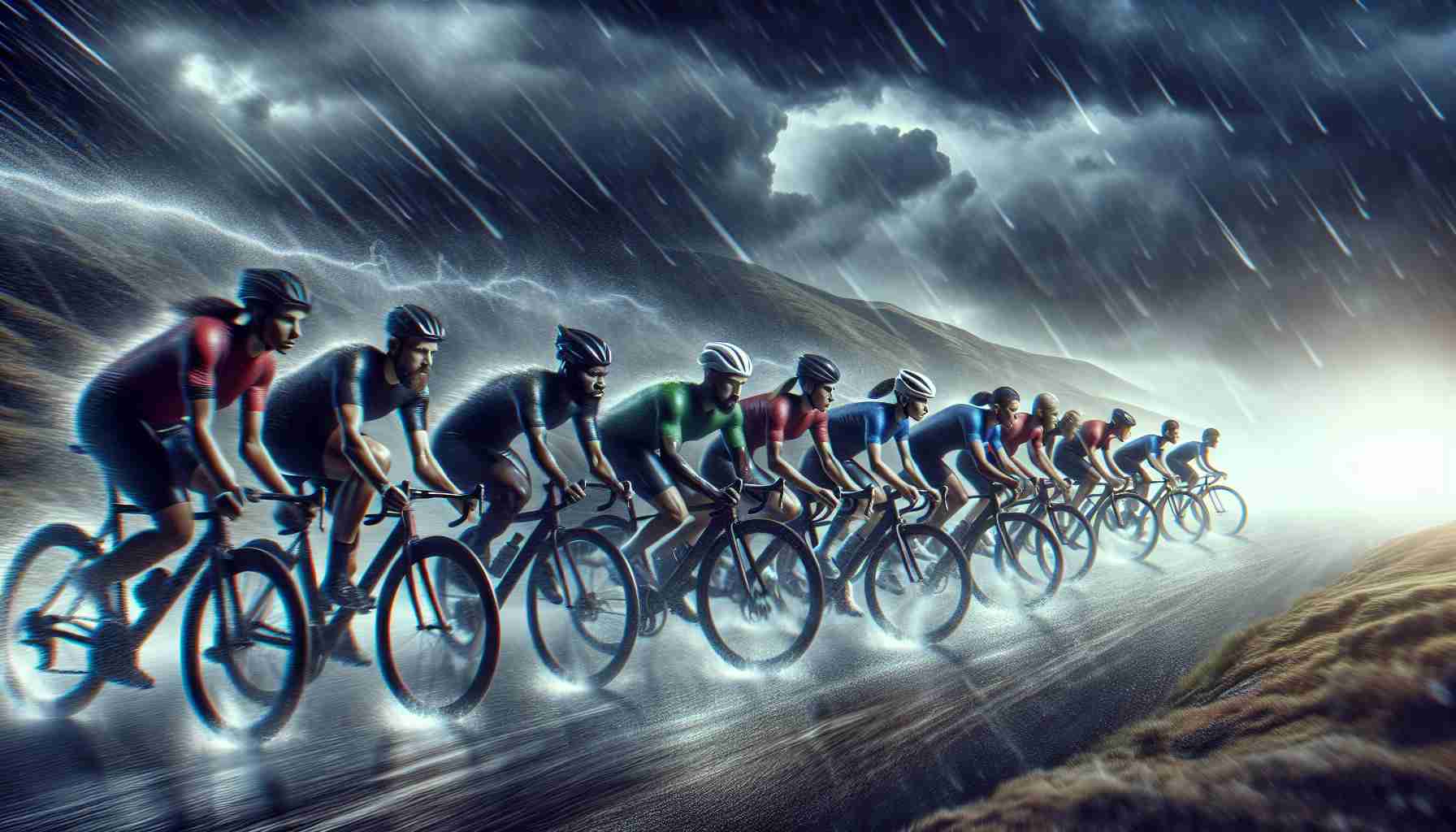Facing Losses, Yet Staying Positive
Renowned as Europe’s largest bicycle manufacturer, Accell Group recently released its financial report for 2023. Despite reporting significant losses of €390 million, the company’s leadership remains optimistic about a brighter future by 2025, attributing potential recovery to strategic restructuring measures and a substantial reduction in debt amounting to €600 million.
Accell Group, which oversees well-known brands such as Lapierre, Winora, Babboe, and Haibike, has faced challenges common to the European cycling industry since 2022. Following a boom in sales after the pandemic, the company has encountered a sharp decline in demand, inflationary pressures, and issues related to overstocking.
In its latest announcement, Accell Group revealed a 10% drop in revenue compared to 2022, forcing the company to confront a stark reality marked by substantial stock surplus. In response, the company has effectively streamlined its inventory, reducing overstock from 320,000 bikes to a more manageable 170,000.
A costly recall of its Babboe cargo bikes is nearing completion, with over 80% of affected units successfully retrieved. This operation, costing about €50 million, marks a pivotal shift as the company aims to forge ahead.
With debt reduced by 40% thanks to the backing from major shareholders, Accell’s CEO expressed confidence in the company’s resilience. While the challenges of 2024 persist, the focus remains on sustainability and long-term growth for their iconic brands.
Accell Group’s Road to Recovery: Navigating Challenges in the European Bicycle Market
Overview of Accell Group’s Current Status
Accell Group, hailed as Europe’s largest bicycle manufacturer, has recently reported significant financial losses amounting to €390 million for the year 2023. Despite this challenging financial landscape, the company’s leadership exhibits a forward-looking approach, emphasizing optimism for recovery by 2025. This optimism is grounded in substantial strategic restructuring efforts and a notable debt reduction of €600 million.
Financial Performance and Market Trends
The reported losses stem from a variety of factors impacting the cycling industry across Europe. Since the post-pandemic sales boom, the market has seen a stark downturn influenced by decreased demand, rising inflation, and overstocking challenges. Accell Group’s revenue has decreased by 10% compared to the previous year, leading to the realization of a significant surplus in inventory.
In mitigating these issues, Accell has successfully reduced its stock from 320,000 bikes to 170,000, a critical step to align with current market demands. This proactive inventory management highlights the company’s commitment to flexibility and adaptation in a volatile market.
Key Strategies for Recovery
1. Restructuring Initiatives: Accell Group has undertaken extensive restructuring measures to address inefficiencies and enhance operational effectiveness.
2. Debt Management: A key aspect of the turnaround strategy has been the reduction of debt by 40%, attributed to the support from major shareholders. This financial maneuvering provides a more stable foundation for future investments and growth initiatives.
3. Focus on Sustainability: As part of its growth strategy, Accell Group places a significant emphasis on sustainability, aiming to align its operations with environmentally responsible practices.
Product Safety and Recall Challenges
The company is currently grappling with the costly recall of its Babboe cargo bikes, which is nearing completion. With over 80% of the affected units retrieved, this operation has incurred expenses of approximately €50 million. Successfully navigating this recall is crucial for restoring consumer confidence and maintaining brand reputation.
Industry Insights and Predictions
According to market analysts, the European bicycle industry is poised for gradual recovery. Consumer preferences are shifting towards more sustainable transportation options, and as a leading player in the market, Accell Group has the opportunity to leverage these trends to reinvigorate its sales and brand positioning.
Pros and Cons of Accell Group’s Strategies
Pros:
– Strong commitment to sustainability can enhance brand loyalty.
– Effective inventory management could reduce future losses.
– Debt reduction strengthens the financial position for investments.
Cons:
– Significant current losses pose a risk to investor confidence.
– Market demand remains unpredictable, influenced by broader economic factors.
– The costly recall may impact short-term profitability.
Conclusion
While facing substantial challenges, Accell Group’s strategic initiatives and commitment to sustainability could pave the way for a brighter future. As the company continues to adapt to changing market conditions and consumer preferences, its focus on restructuring and debt reduction will be pivotal in navigating the complexities of the European cycling market.
For more insights on cycling trends and company updates, visit Accell Group.


















